An herbal tour of the world in 9 fascinating plants
An insanely spicy ghost pepper, a dry mouth-combating bitter herb, and more
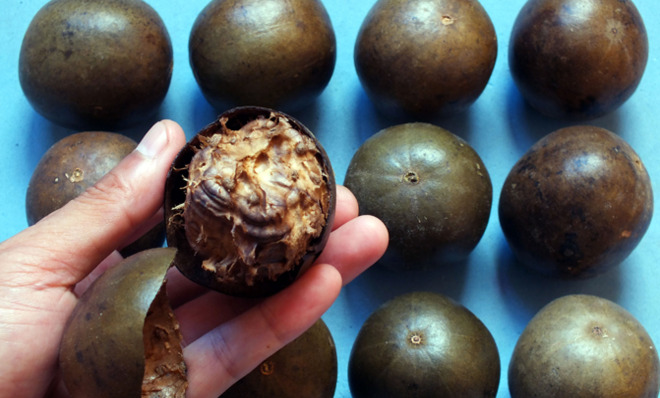
A free daily email with the biggest news stories of the day – and the best features from TheWeek.com
You are now subscribed
Your newsletter sign-up was successful

Shoots & Roots is a New York-based outfit started by a group of botanists who create biodiverse bitters. Here are some of the neatest plants in their arsenal:
Naga jolokia "ghost" pepper (Capsicum chinense x Capsicum fructescens)
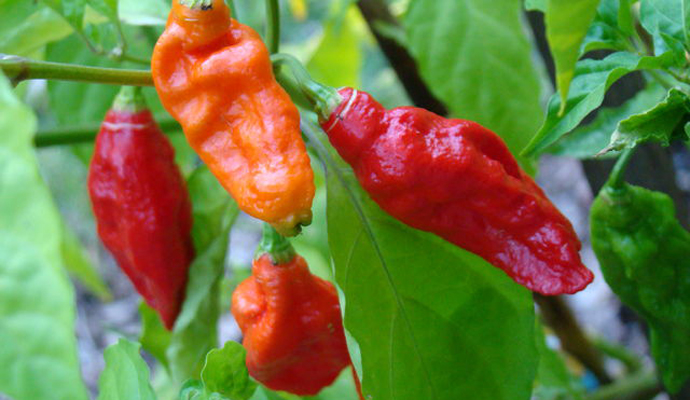
Origin: South and Central America
The Week
Escape your echo chamber. Get the facts behind the news, plus analysis from multiple perspectives.

Sign up for The Week's Free Newsletters
From our morning news briefing to a weekly Good News Newsletter, get the best of The Week delivered directly to your inbox.
From our morning news briefing to a weekly Good News Newsletter, get the best of The Week delivered directly to your inbox.
Taste: Very spicy
Fun facts: This particular hybrid was once called the hottest chili pepper in the world (that crown has since usurped by the Trinidad Moruga Scorpion and the Carolina Reaper). But the ghost pepper still packs a huge punch, with a hotness rating ranging from 855,000 to 1,041,427 Scoville units (meaning that even if you diluted an extract of the pepper in sugar and water around a million times, you'd still feel the heat).
Chili peppers have long played a role in Native American medicinal practices as a way to stimulate blood circulation and as a topical pain reliever.
Devil's Hand (Chiranthodendron pentadactylon)
A free daily email with the biggest news stories of the day – and the best features from TheWeek.com
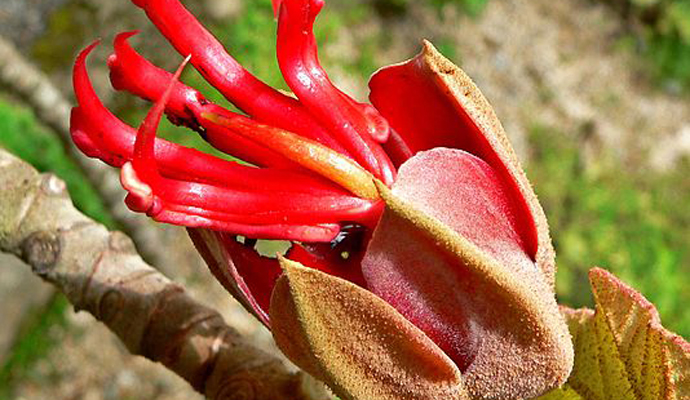
Origin: Guatemala, Mexico
Taste: Earthy
Fun facts: This tree has significant religious significance for Aztec peoples, who have harvested the striking, claw-like flowers for ages. Devil's Hand is sometimes used in traditional medicine to treat heart conditions.
Jaborandi (Pilocarpus jaborandi)
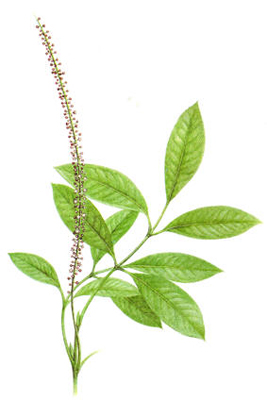
Origin: South and Central America, West Indies
Taste: Bitter
Fun facts: One of the side effects of jaborandi is increased saliva production. Shoots & Roots partner Ashley Duval, who moonlights as a trumpet player, once offered jaborandi extract to fellow horn players during a show at the Brooklyn Bowl to help them combat dry mouth.
Osha root (Ligusticum porteri)
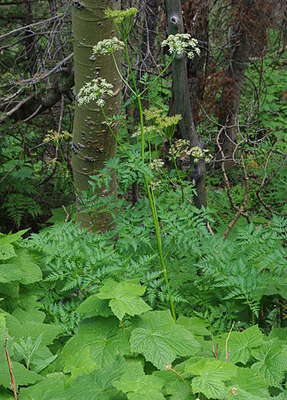
Origin: North America
Taste: Spicy celery
Fun facts: There are reports that bears will dig up osha root and rub it on their skins to help relieve stomachaches and other pains. But be careful before you start harvesting it yourself — osha root bears a strong resemblance to poisonous hemlock.
Maca root (Lepidium meyenii)
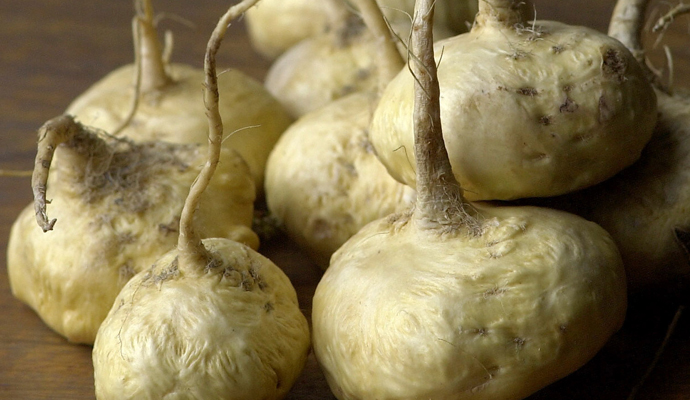
Origin: Andes mountains of Peru
Taste: Malty
Fun facts: Dried maca roots are super-nutritious, rich in magnesium, calcium, and potassium. Inca warriors supposedly ingested maca root before battle to enhance their strength.
White Mulberry (Morus alba)
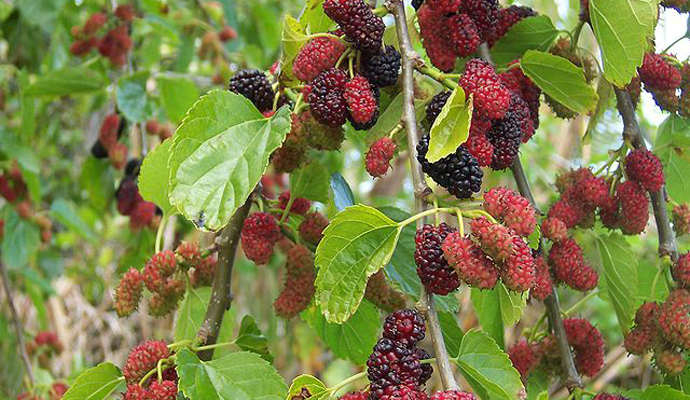
Origin: China
Taste: Sweet
Fun facts: Mulberries contain a compound called Albanol A that is being investigated as a possible treatment for leukemia.
Luo han guo, Monk fruit (Siraita grosvenorii)
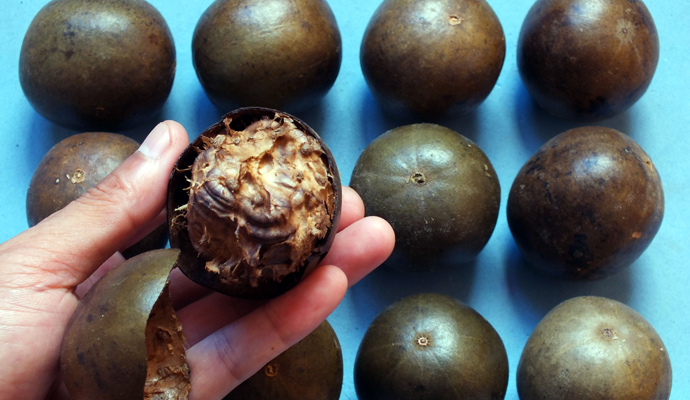
Origin: China, Thailand
Taste: Very sweet
Fun facts: The fruit of this plant is 300 times sweeter than sugar, making it a prime candidate for artificial sweeteners. Certain compounds in monkfruit have also been found to inhibit cancer cell growth.
Goji (Lycium chinense)
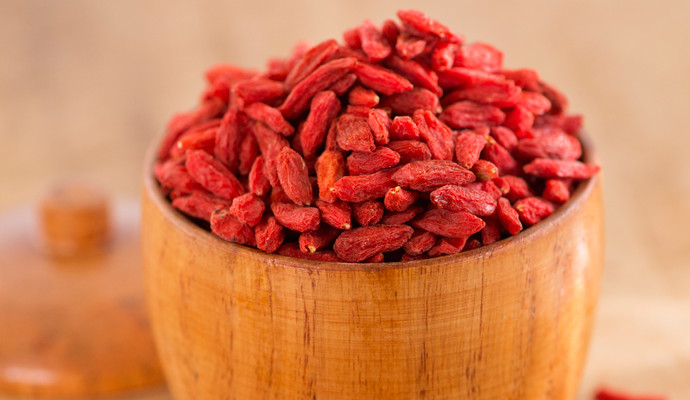
Origin: China
Taste: Sour with a hint of sweet
Fun facts: Goji berries are rich in antioxidants. But before you wolf them down, be careful — they can interact poorly with certain medications, particularly the blood thinner warfarin.
Vetiver (Chrysopogon zizanioides)
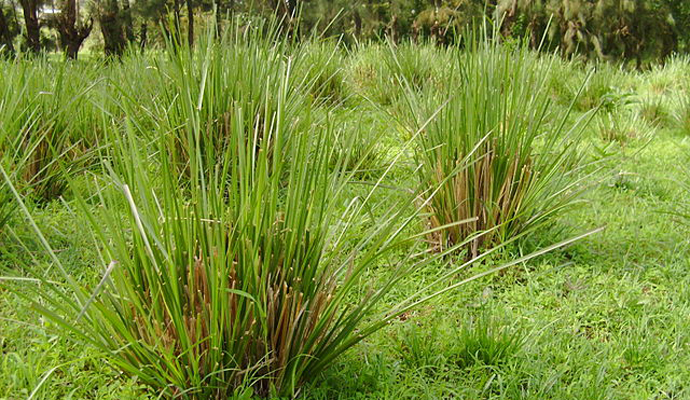
Origin: India
Taste: Woodsy
Fun facts: The aromatic grass is sought out for its aromas — over 90 percent of Western perfumes contain some extract of vetiver. Vetiver extract has also been shown to have anticonvulsant effects in mice.
More from World Science Festival...